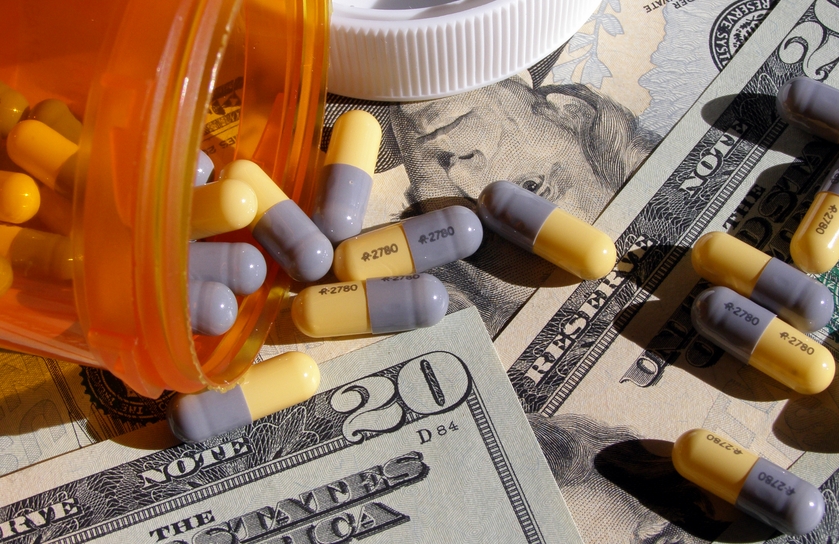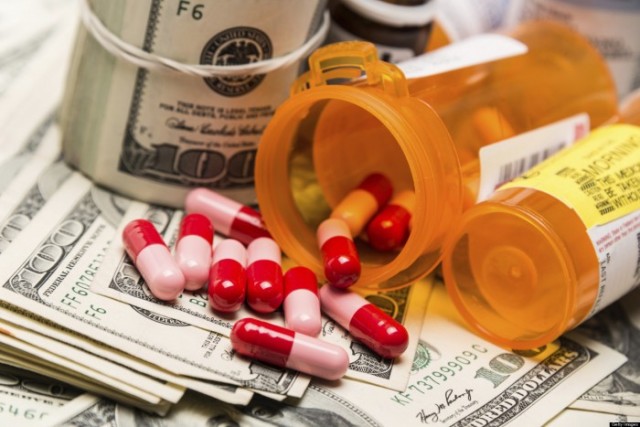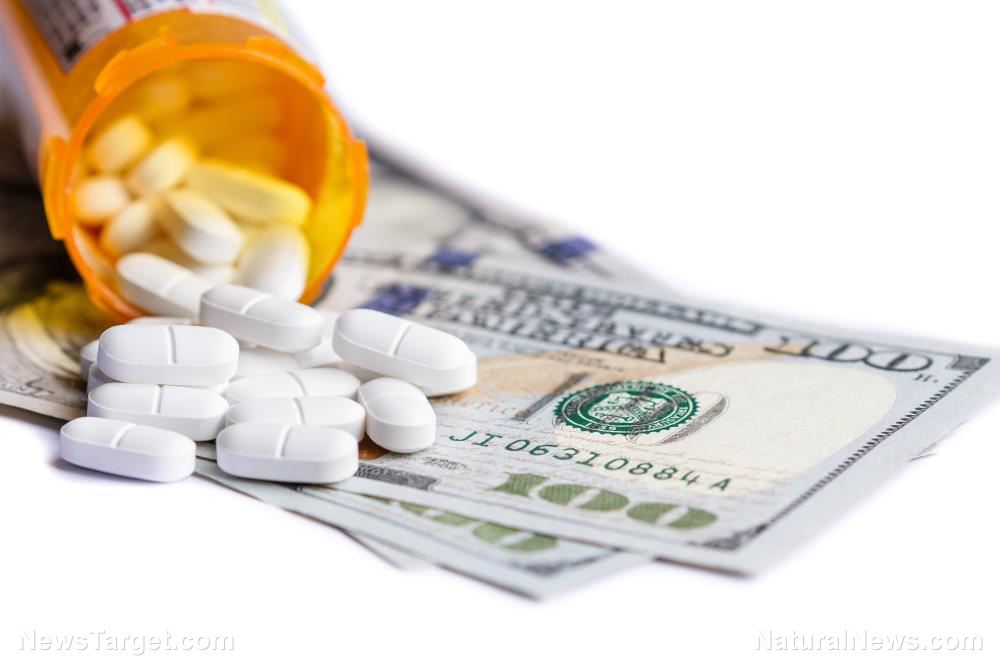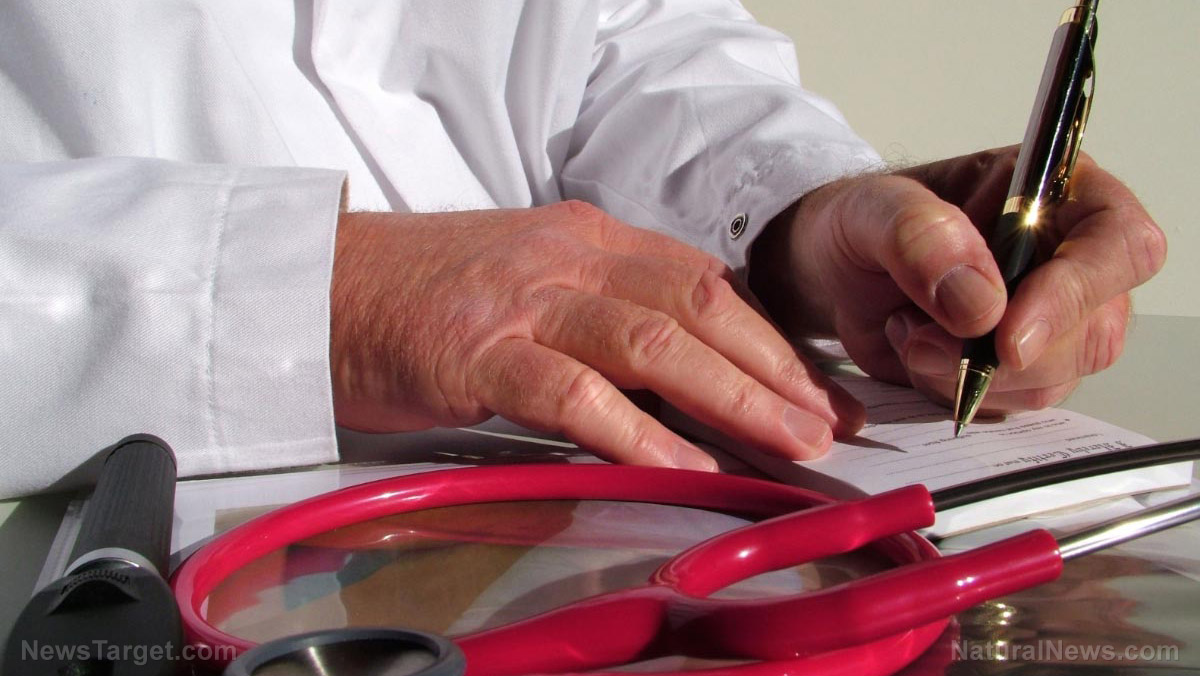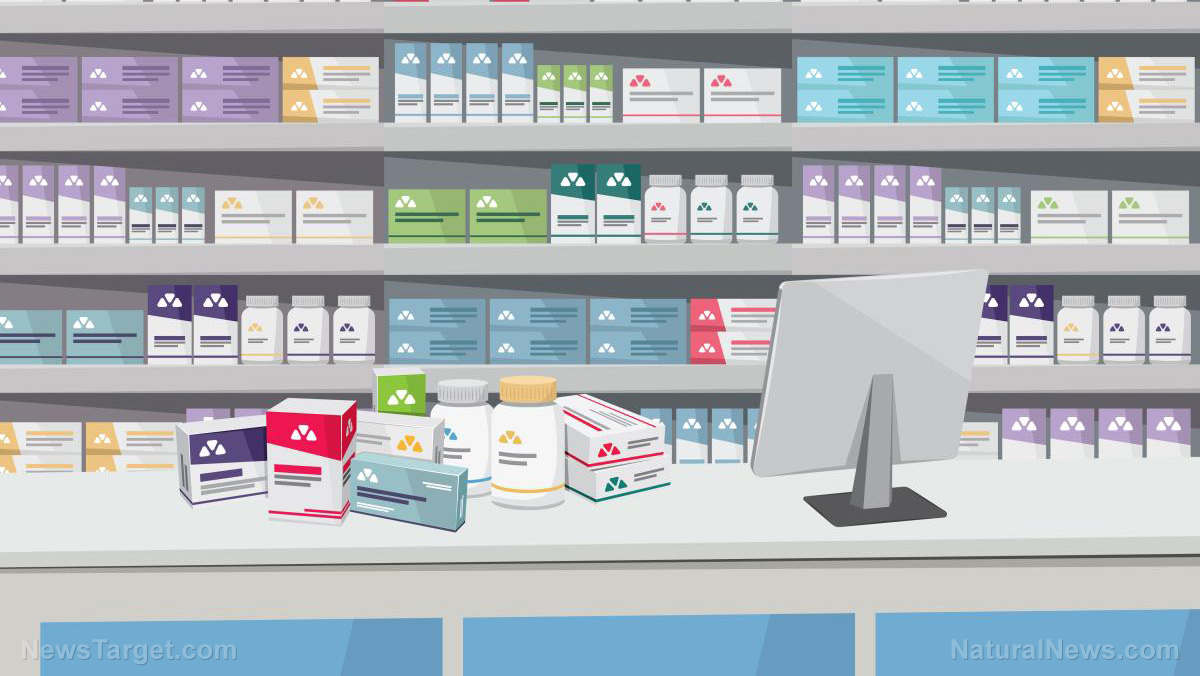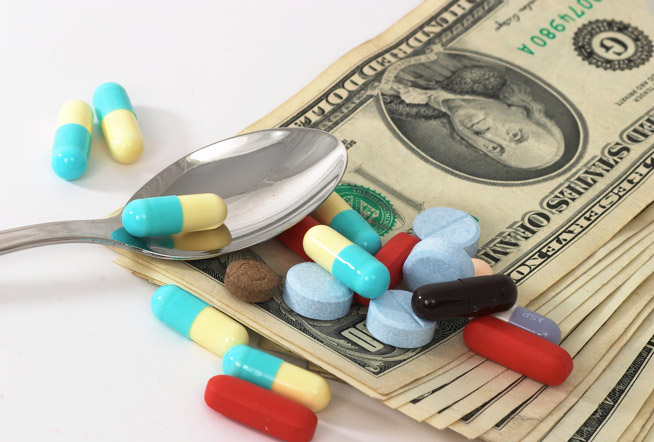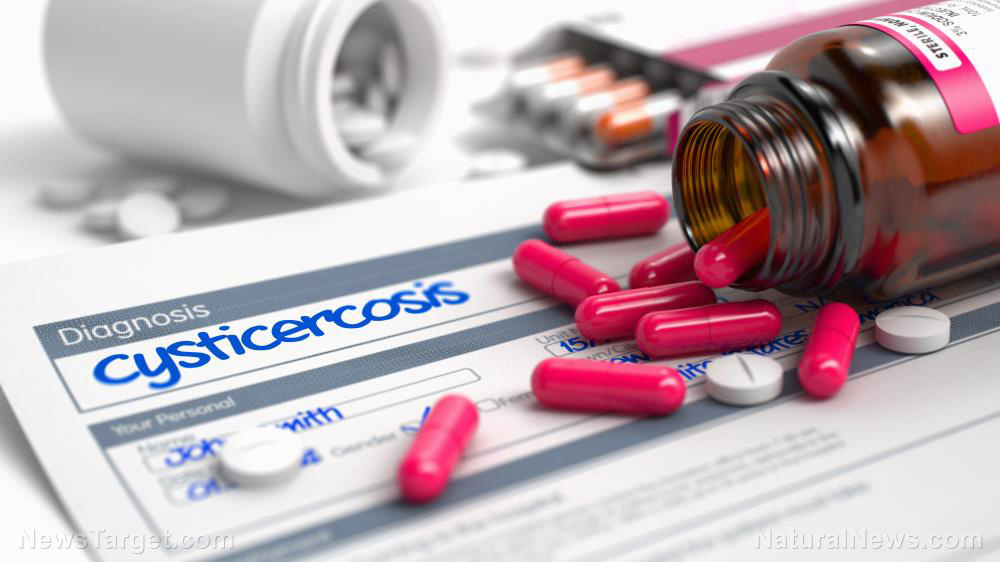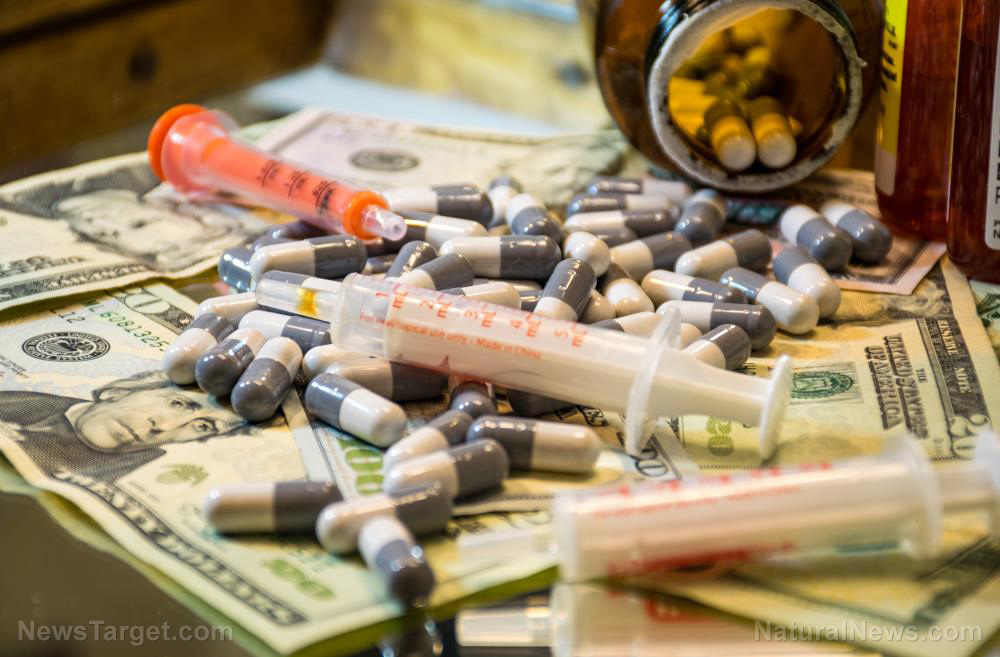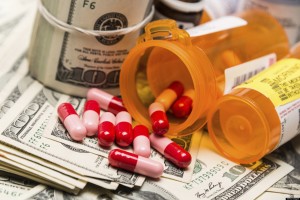Pfizer launches advertising blitz promoting new “blockbuster” drug for heart conditions that can be caused by COVID jabs
02/28/2022 / By Ethan Huff

Just in time for all the heart conditions emerging due to its Wuhan coronavirus (COVID-19) “vaccine,” drug giant Pfizer is blasting the airwaves with a new advertising campaign for its “blockbuster” heart drug Eliquis.
The “No Time to Wait” campaign, as the company is calling it, urges people experiencing heart issues to visit their doctors immediately for an Eliquis prescription.
Developed in conjunction with Bristol Myers Squibb (BMS), Eliquis has long been a big money-maker for Pfizer. And now that fewer people are getting injected and “boosted” with its Operation Warp Speed abomination, the time has come for Pfizer to start milking more lucre out of Eliquis.
Pfizer and BMS are reportedly spending $1.28 million on television ads alone to promote Eliquis. Then there are the internet ads, radio ads, bus station ads and anywhere else that Pfizer can remind the vaccine-injured that there is help available to them with just one simple pill.
Anyone experiencing heart palpitations or shortness of breath could be at risk of developing atrial fibrillation (AF), deep vein thrombosis (DVT) or some other type of blood clot or stroke, the company warns. These just so happen to be the very same side effects caused by Pfizer’s Fauci Flu injections.
Pfizer wants people “back into their doctors’ offices” as soon as possible so it can generate more profits
The ad campaigns are loaded with fearmongering, urging people to seek early medical attention even if they just suspect a problem in order to get on Eliquis immediately, which in turn will boost Pfizer’s profit stream.
“The aim is to get patients back into their doctors’ offices – and of course, if needed, be diagnosed with any relevant condition that may require them to take a blood thinner, such as Eliquis,” reported the industry publication Fierce Pharma
It is said that Pfizer will generate some $9 billion in annual revenue from Eliquis, which is described by the company as a “blockbuster blood thinner and atrial fibrillation (AF) drug.”
Eliquis is a major revenue generator for both Pfizer and BMS, generating more profit than competing drugs such as Xarelto (produced by Bayer in conjunction with Johnson & Johnson) and Pradaxa (produced by Boehringer Ingelheim).
It might sound like a joke, but Pfizer and BMS timed their relaunch of the “No Time to Wait” campaign at the same time as several “advocacy” organizations and medical societies, including World Thrombosis Day – yes, this is a thing – offered their support for Eliquis and the ad campaign.
According to these drug-pushing groups, all Pfizer and BMS are doing is “educating” the public with the new ad campaign.
On Valentine’s Day, a DVT and pulmonary embolism (PE) television ad appeared on the airwaves showing two patients describing how they “didn’t wait” to speak to their doctors about the AF, DVT and PE symptoms they had suddenly begun to experience while performing everyday activities.
“Right now, people may be weighing a decision to visit a healthcare provider,” reads the corresponding campaign literature.
“However, symptoms like swelling, pain, tenderness or redness in the leg, thigh or pelvis can possibly be related to a potentially serious condition such as deep vein thrombosis (DVT). It’s critical to not brush off these symptoms.”
A BMS spokesperson also offered more input as to why the campaign was relaunched at a time when millions of people are now suffering heart problems due to Donald Trump’s plandemic injections.
“We received so much positive feedback from patients and advocates on the impact this campaign had on patients, we knew it was our responsibility to continue to evolve the program and further get the message out,” the spokesperson claimed.
More related news about Big Pharma can be found at PharmaceuticalFraud.com.
Sources include:
Submit a correction >>
Tagged Under:
Big Pharma, Bourla, conspiracy, corruption, COVID, deception, drugs, Eliquis, evil, heart disease, heart health, No Time to Wait, pandemic, Pfizer, pharmaceutical fraud, pharmakeia, vaccine damage, vaccine injury, vaccines
This article may contain statements that reflect the opinion of the author
RECENT NEWS & ARTICLES
PrescriptionDrugs.News is a fact-based public education website published by Prescription Drugs News Features, LLC.
All content copyright © 2018 by Prescription Drugs News Features, LLC.
Contact Us with Tips or Corrections
All trademarks, registered trademarks and servicemarks mentioned on this site are the property of their respective owners.






